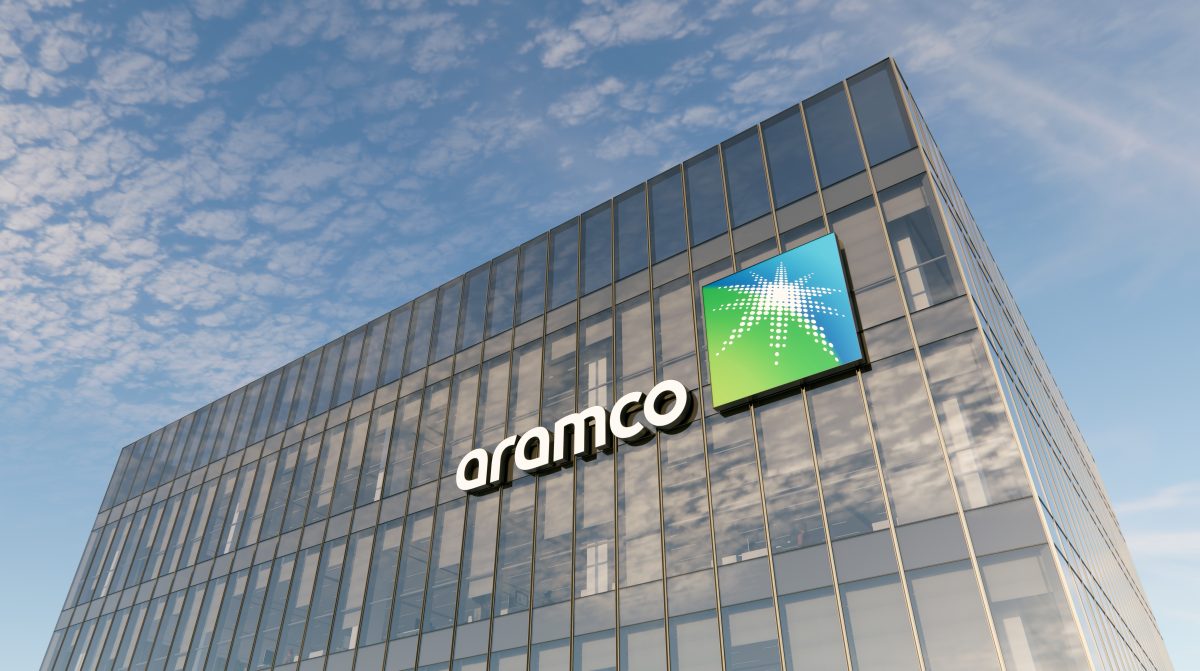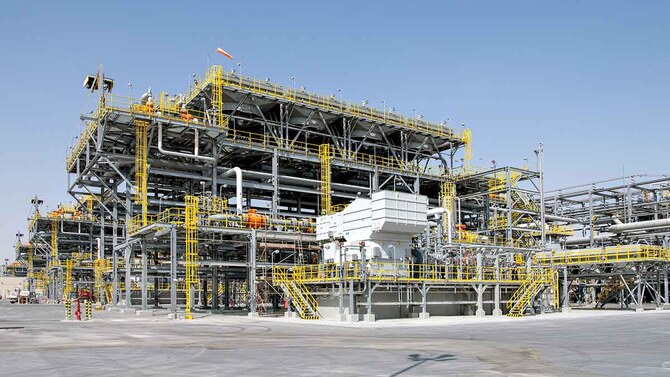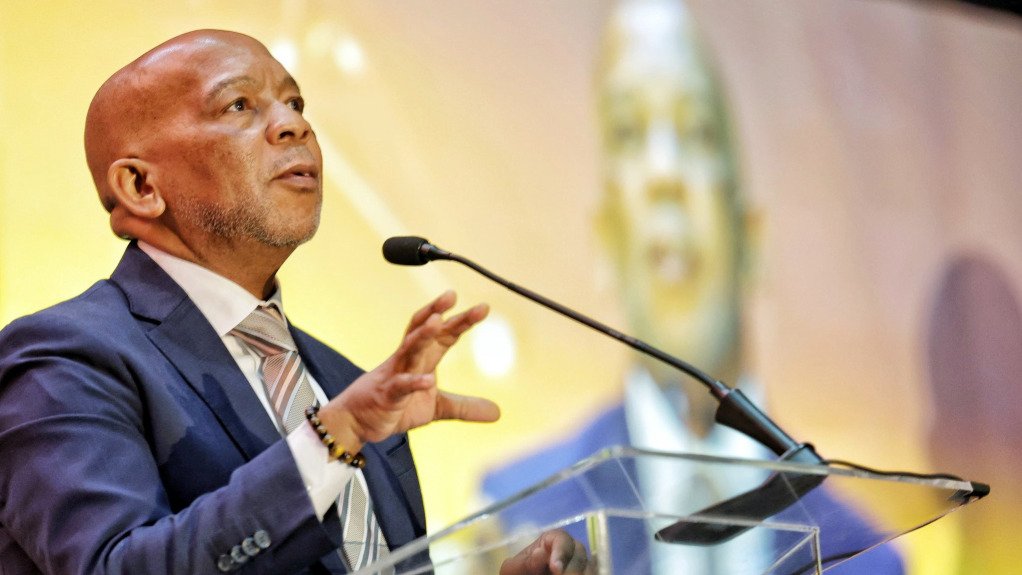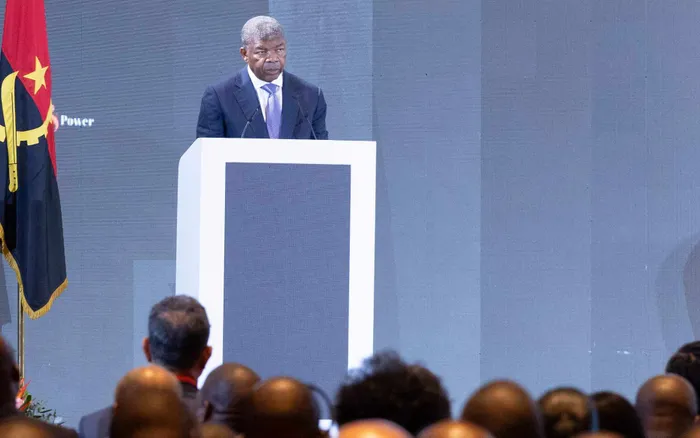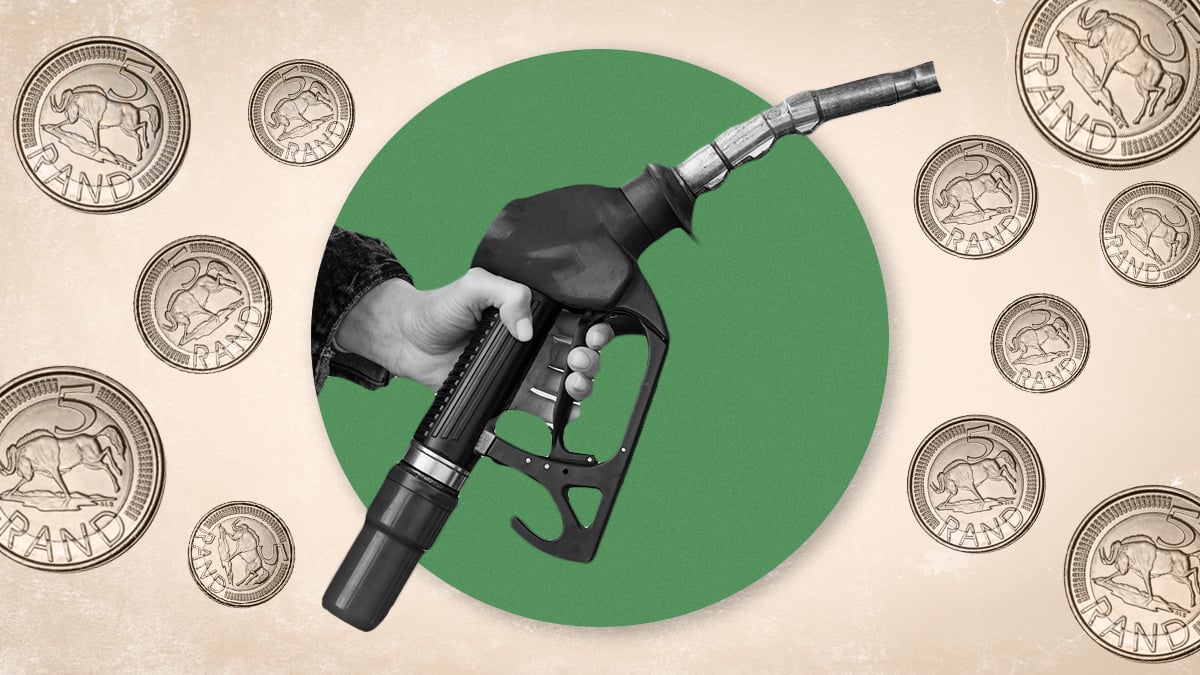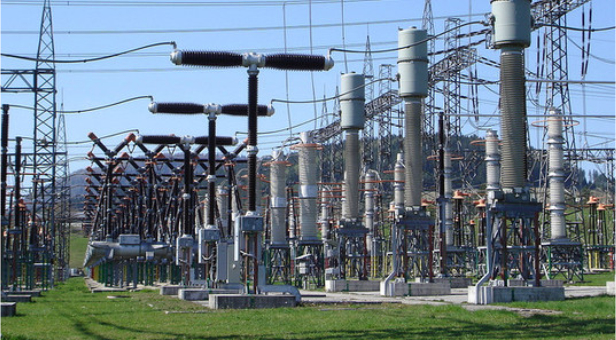Storage

Africa needs to stand united in its pursuit of energy transition
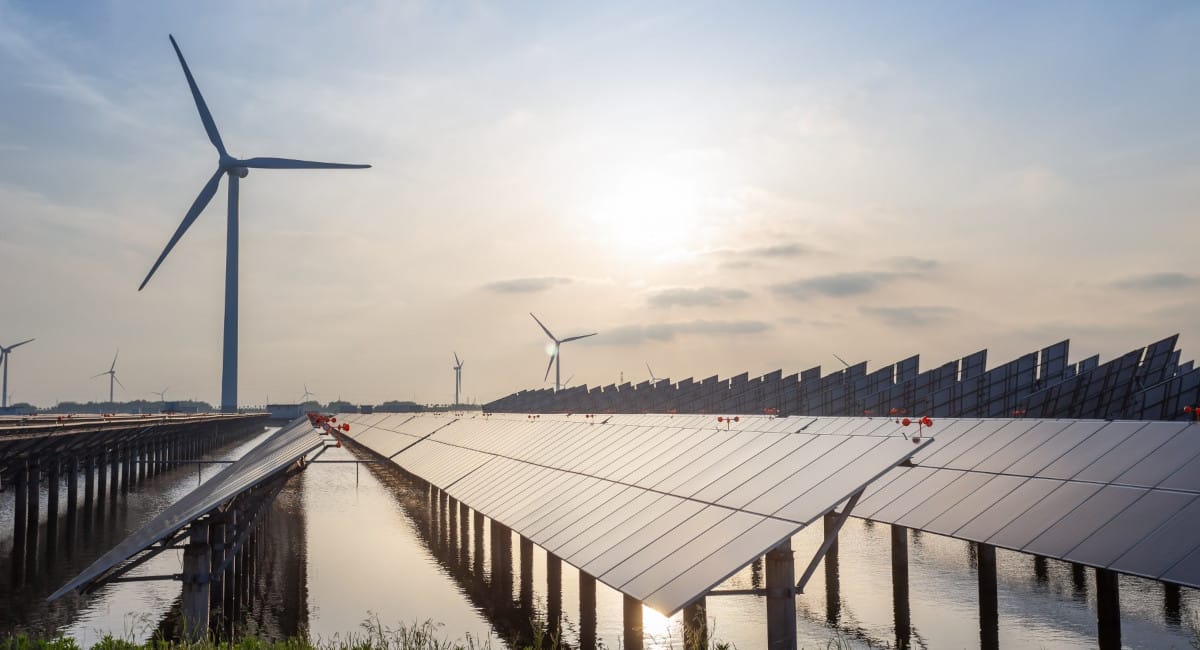
Collaboration between government and private sector stakeholders is crucial for accelerating the deployment of large-scale renewable energy projects. This is a recurring theme at many of the major industry gatherings across the continent, serving as vital platforms for advancing Africa’s pursuit of a just energy transition, according to renewable energy company Scatec.
“There are several effective forums, such as the annual Africa Energy Forum and Mining Indaba, where this conversation (between the public and private sector, as well as government) is happening. Discussions at these events consistently focus on enabling more capacity in the grid, how we can roll out more transmission, and how the municipal space can be opened to more players,” says Alberto Gambacorta, Scatec‘s Executive Vice President for Sub-Saharan Africa.
A significant hurdle for renewable energy developers is the limitations of grid infrastructure, which continue to be a critical bottleneck. This has restricted the integration of new energy sources and, as a result, impacted the success of several Renewable Energy Independent Power Producer Procurement Programme (REIPPPP) rounds.
However, Gambacorta believes that challenges also present opportunities.
“Mention was made in this year’s Budget Speech of the Independent Transmission Programme, which will allow the private sector to step in and support Eskom in the Herculean task of building about 14,000 kilometres of high voltage lines, as well as hundreds of transformers around the country,” he notes.
There’s also a substantial opportunity in energy storage.
“Storage plays a vital function as a balancing element in the grid. It can shift production that happens during peak sun hours of the day and push it to when there is more capacity on the grid in the afternoon. There’s also an opportunity to implement a curtailment framework,” Gambacorta explains.
Scatec has notably secured preferred bidder status for the Haru Battery Energy Storage Project in South Africa, a 123 MW/492 MWh project, reaffirming its commitment to battery integration for grid stability. They are also involved in the hybrid solar and battery storage Kenhardt project.
The increasing pressure from carbon taxes is expected to drive corporate demand for renewable energy, as businesses seek to reduce their carbon footprints and operational costs. Power Purchase Agreements (PPAs) will be pivotal in this transition, offering companies access to clean energy at predictable costs. These agreements foster collaboration between energy providers and corporate consumers, creating a win-win scenario.
“The Carbon Border Adjustment Mechanism (CBAM) is an existential threat to many companies manufacturing in South Africa and exporting to Europe. If they are procuring electricity from a coal-based fleet, they will have an enormous carbon footprint, and CBAM will impose punitive tariffs. Their products will simply not be viable for the European market anymore,” says Gambacorta.
“This means that for these producers, it will make sense to procure electricity from renewable energy Independent Power Producers like Scatec. Over the last few years, we have seen several projects being built based on bilateral PPAs between projects and off-takers. We have also seen companies explore the use of energy aggregator platforms, such as Lyra,” he adds.
The agenda at energy forums and conferences consistently highlights a clear understanding of South Africa’s need to pursue a technology-agnostic and diversified energy future, encompassing solar, wind, and battery storage.
Scatec’s extensive involvement in these sectors, including multiple solar PV projects under REIPPPP and recent battery storage wins, positions the company as a key player in this evolving landscape.
Scatec has recently been awarded three additional projects under REIPPP Bid Window 7, forming the Kroonstad PV Cluster, three large-scale solar power plants in the Free State, namely Oslaagte Solar 2 (293 MW), Oslaagte Solar 3 (293 MW), and Leeuwspruit Solar (260 MW).
Combined with the Mercury Solar PV (283 MW) project awarded in December 2024, under REIPPP Bid Window 7, Scatec’s total preferred bidder awarded capacity in round 7 now reaches 1,131 MW. This milestone further strengthens Scatec’s position as a leading independent power producer in the country’s renewable energy sector.
“Scatec stands out as the IPP in South Africa that has reliably delivered its projects since REIPPP Round 1. Our project and construction teams are experienced, and we work closely with our trusted subcontracting partners to deliver on projects of this scale. We are heading into exciting times,” says Jaco Uys, Scatec’s Senior Vice President: Projects.
Public-private partnerships are essential to drive infrastructure development, streamline project execution, and attract international investments through collaborative and constructive engagement.
By working together, Gambacorta says, South Africa can achieve its energy transition goals while simultaneously fostering economic growth and job creation.




